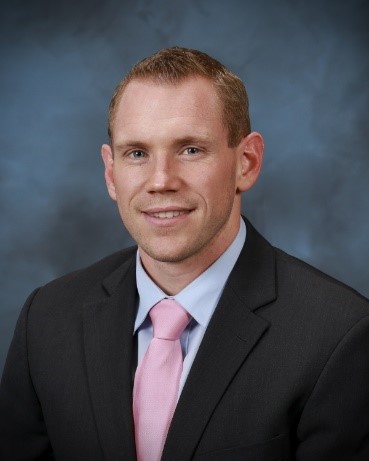 Congratulations to Dr. Elijah Martin, associate staff scientist, at Oak Ridge National Laboratory (ORNL) Fusion Energy Division. He was selected by the US Department of Energy (DOE) Office of Fusion Energy Sciences Program for his proposal, “Investigation of Helicon and Lower Hybrid Wave Coupling with the Edge Plasma for Current Drive Optimization in the Tokamak Using Laser Spectroscopy” –
Congratulations to Dr. Elijah Martin, associate staff scientist, at Oak Ridge National Laboratory (ORNL) Fusion Energy Division. He was selected by the US Department of Energy (DOE) Office of Fusion Energy Sciences Program for his proposal, “Investigation of Helicon and Lower Hybrid Wave Coupling with the Edge Plasma for Current Drive Optimization in the Tokamak Using Laser Spectroscopy” –
Magnetic confinement fusion would provide an abundant source of clean energy and help reduce the threats of climate change. The limiting factors to deploying fusion energy are continuous, reliable power production and the high costs associated with building and operating reactors. To address these issues, the Helicon, and High-Field Side Lower Hybrid (HFS-LH) programs were established at the DIII-D National Fusion Facility. These programs are investigating innovative and efficient methods to generate plasma current using radio frequency (RF) waves, which is critical because tokamak fusion reactors require a constant plasma current for continuous power production. This research will combine novel laser-based spectroscopy and advanced quantum mechanical modeling to experimentally measure the RF wave’s electric field vector. Leveraging world-leading exascale high-performance computing capabilities, these measurements will be compared to 3D full-wave simulations to understand the RF waves interaction with the edge plasma. The work will provide groundbreaking insight to accelerate progress in generating efficient plasma current using RF waves.
Martin, an alumnus of NC State Nuclear Engineering, continues to contribute to the department serving on doctoral committees and as a senior design project advisor.
Seventy-six (76) scientists from across the nation – including 26 from DOE’s national laboratories and 50 from US universities – received significant funding for research as part of the 2020 US DOE Office of Science’s Early Career Research Program. This program, now in its 11th year, is designed to bolster the nation’s scientific workforce by providing support to exceptional researchers during crucial early career years, when many scientists do their most formative work.
